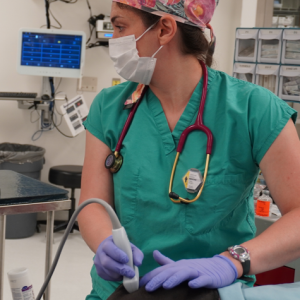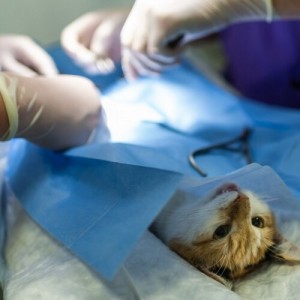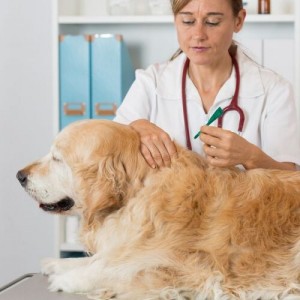The risks of bovine tuberculosis are perceived differently depending on whether the farms are large or small
The implementation of biosecurity measures in livestock farms has proven to be one of the fundamental tools for controlling animal tuberculosis.
In a study led by the Toulouse National Veterinary School (ENVT), the trans-Pyrenean network of R & D & I in animal tuberculosis INNOTUB has identified two profiles of farmers in the Pyrenees-Atlantiques region (south-western France) based on their practices of biosafety and their perceptions on the risk, surveillance and control measures of bovine tuberculosis.
The first profile would be made up of farmers from large farms, with numerous animal entries and staff visits, while the second profile would be made up of farmers from small farms, where there are few animal movements and few visits.
"We have detected that in this region of France, farmers on large farms attribute a lower risk to tuberculosis and make the importance of the disease more relative," says Bernat Pérez de Val, a researcher in the Animal Health program at the Center de Recerca en Sanitat Animal (CReSA) of IRTA and scientific head of the INNOTUB network. In the following months, it will be studied whether this pattern is also reproduced in Catalonia.
Warlike expressions to refer to bovine tuberculosis
Another objective of the INNOTUB project is to detect the differences in communicating the different aspects related to the management and surveillance of the disease between the different actors involved.
On the one hand, the communication by the institutions and the researchers focused almost exclusively on the disease itself, "using almost exclusively metaphorical expressions of warfare, where the disease is considered in a scenario of winners and defeated," Alberto describes Allepuz, a researcher at the Autonomous University of Barcelona (UAB). He adds that "it is precisely important that other aspects are communicated from these areas such as training to farmers, social and economic implications or the benefits of having herds free of the disease."
On the contrary, according to the interviews, the researchers conclude that farmers deal with a greater variety of issues related to tuberculosis, beyond the disease on the animal, such as the management of their herds, relations with the Administration, or their concern before the regulations.
"They consider that the disease is a path in which it is possible to move forward or backward, and they consider it as a factor that exerts pressure on their farms and their herds," says Allepuz. For this reason, they consider that the perception of farmers should have more visibility in all actors involved in the management of tuberculosis.
In the next project year, the researchers hope to complete these studies on biosafety and risk analysis, social perception, improvement of communication strategies, and other studies on innovation in diagnosis and vaccination strategies for the control of animal tuberculosis.
The INNOTUB trans-Pyrenean R + D + I network is financed by the Interreg-POCTEFA Program and FEDER funds and is coordinated by the Institute for Agrifood Research and Technology (IRTA) and has the participation of the French Agency for Safety and Security. Food, Environmental and Occupational Health (ANSES), the Basque Institute for Agrarian Research and Development (NEIKER), and the Autonomous University of Barcelona (UAB), and the National Veterinary School of Toulouse (ENVT), to research and develop innovations for the control of animal tuberculosis.













List
Add
Please enter a comment